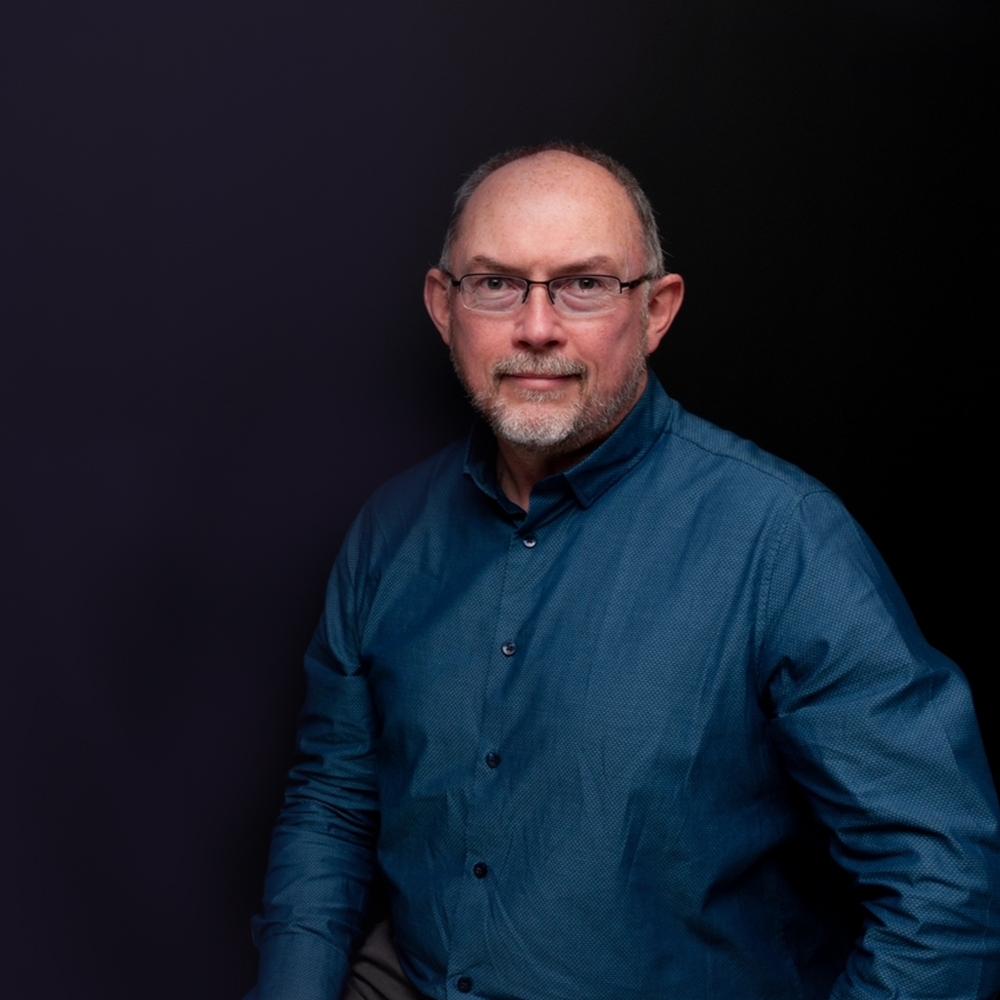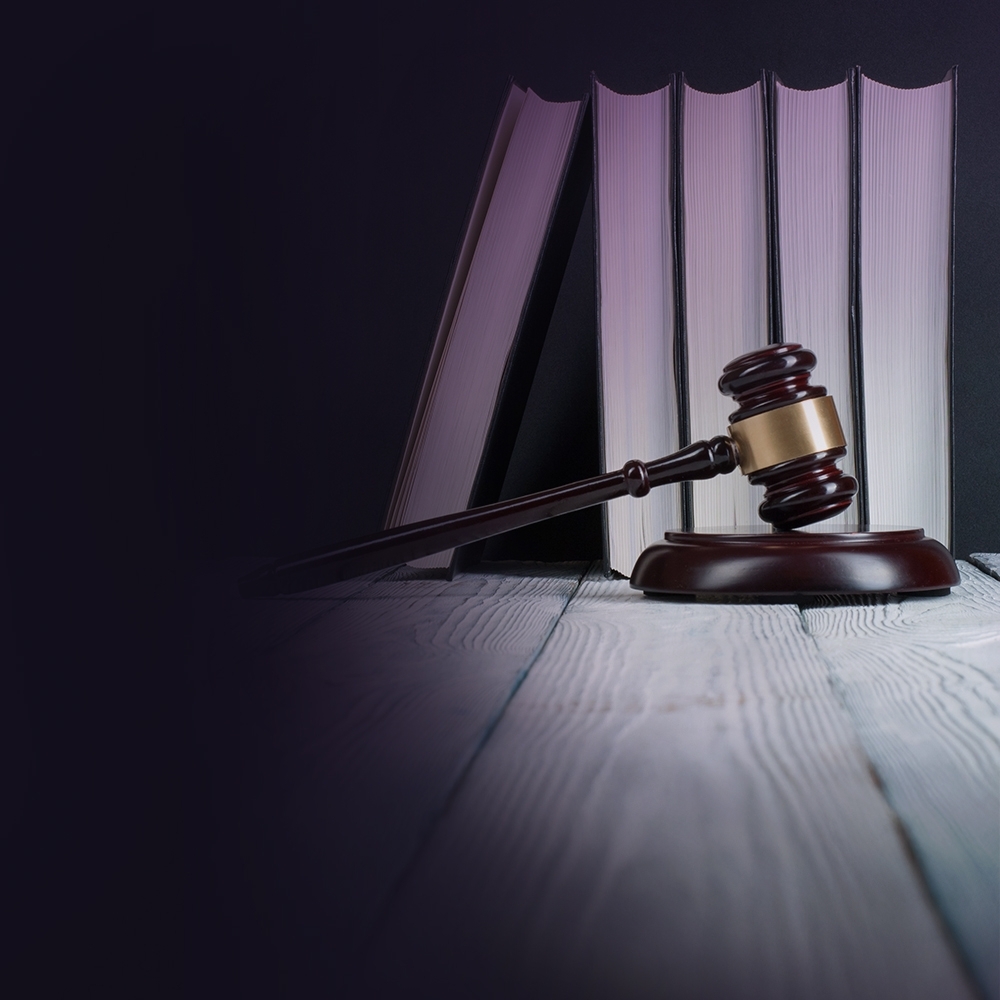11.01.2023
A patent is a time-limited monopoly awarded by countries as an incentive for investment in novel and non-obvious technical innovation. The purpose of the patent system is to allow companies and inventors to invest in innovation without concern that this will be lost when they go to market because others will copy their innovations.
Thank you
A key aim of the patent system is to discourage inventors and innovative organisations from being secretive about their ideas and to stimulate creativity. A patent is essentially a bargain between the state and the innovator, to encourage them to disclose their work publicly so that all can benefit from and build upon technological progress. Without such incentives, innovation might take place covertly, behind a barrier of trade secrecy, or even not at all. It is easier to copy than to innovate, so patents afford protection for investors in innovation and ensure they can benefit commercially for the limited time period the patent covers.
In most major jurisdictions patents are assessed by technically skilled examiners appointed by national patent offices. These examiners have specialist subject knowledge and determine whether the invention that is described in the patent application and set out in statements called claims, meets the legal criteria for patentability. These criteria can vary slightly between countries but broadly they require a patentable invention to be new and non-obvious and also described sufficiently enough in the application that it enables the skilled reader to repeat the invention. Once a patent is granted, the patent owner typically receives 20 years from the filing date to enjoy the exclusivity of their patented invention before it becomes available for wider use by the public.
The law and processes around applying and enforcing patents can be very complex. They are driven by fixed timelines, formal legal requirements and a blend of science, law and business. Keltie’s attorneys exist to advise you on how to best navigate the system to get the best breadth of protection for your invention.
Image courtesy of MaximalFocus on Unsplash

02.07.2025
Recognition, growth, and what’s next for Keltie in Ireland: A Q&A with Sean CummingsKeltie’s success in delivering its renowned IP services to the Irish market has been recognised by being named among leading Irish and UK firms in the recent IAM Patent 1000 and IP STARS rankings.

04.07.2025
Generative AI and CopyrightThe launch of OpenAI’s ChatGPT in November 2022 brought generative AI to the forefront, transforming how people work and create. Since then, models that can process and generate not only text but also images, audio, and video have gained momentum. However, these advancements raise significant copyright concerns: generative AI uses copyrighted materials for training and produces realistic, original content, thus challenging traditional concepts of authorship and originality.
Thank you